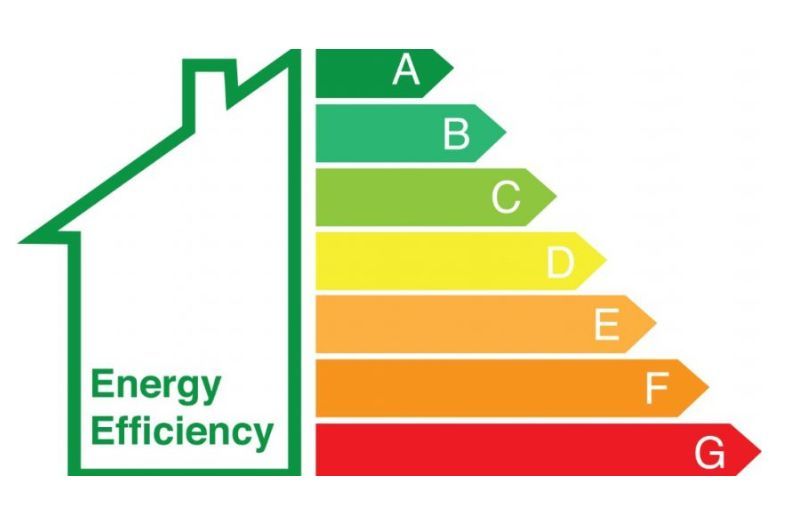
SEER ratings and Energy-Efficient HVAC Systems
If your HVAC system is over 10 years old and is showing signs of failure, you should consider a replacement. Getting an energy-efficient system can reduce your home’s energy consumption and enhance indoor comfort. Here’s what you need to know before acquiring an energy-efficient HVAC system for your Gainesville home.
What Makes an HVAC System Energy Efficient?
Energy efficiency is a crucial factor to consider before replacing your HVAC system. Heating alone can account for one-third of your home’s utility bills, according to the Department of Energy.
Generally speaking, energy efficiency is defined as the amount of fuel that equipment consumes for a unit of work. An energy-efficient furnace will need less fuel to heat the room at the same rate compared to an older system.
The efficiency of HVAC systems is measured in AFUE and SEER for heating and cooling equipment, respectively. Your equipment may also have an Energy Star logo. An Energy Star rating shows it meets specific requirements set by the EPA (Environmental Protection Agency).
Energy-Efficiency Ratings for Heating Systems
AFUE (Annual Fuel Utilization Efficiency) is the unit that measures the efficiency of a heating system. It is a percentage of the ratio of the input in energy over the heat output.
The minimum requirement for a furnace sold in the U.S. is 78% AFUE. The most efficient furnaces have ratings of between 90% and 98%.
Most residential HVAC systems have a mid-efficiency AFUE rating between 80% and 85%. An 80% AFUE means it generates eight units of heat for every 10 units of fuel it consumes.
The primary drawback of an energy-efficient furnace is the high upfront cost of purchase and installation. However, you can reduce a considerable portion of your monthly electrical bill by upgrading. According to the U.S. Department of Energy, you can reduce your utility bills by 50% if you upgrade from 56% to 90% AFUE.
Keep in mind that HVAC systems can lose their efficiency with time. An aging furnace will require more repairs and can pose hazards in extreme cases. Our five-star-rated staff at [company_name] can evaluate your HVAC system’s performance and propose a solution in Gainesville.
The heating component of a heat pump is measured in HSPF. The minimum standard for heat pumps is 8.2 HSPF. Nevertheless, the minimum value is expected to rise to 8.8 HSPF in the coming years.
SEER and Energy-Efficiency Ratings for Cooling Systems
SEER (Seasonal Energy Efficiency Ratio) is a unit that measures the efficiency rating of a cooling system. In particular, it is a ratio of the air conditioner’s energy output during the cooling season over the input in watt-hours.
The lowest SEER rating is 13, and the highest is 22. The higher the value, the more energy-efficient the air conditioner is.
SEER captures the maximum efficiency over a typical cooling season. Therefore, the performance can vary depending on the size of the room, weather, grade of insulation, and other factors.
The minimum requirements from the U.S. Department of Energy vary depending on the region. In the northern parts of the United States, the current minimum is 14 SEER. SEER ratings must be above 15 for residential cooling systems in the South.
You can realize considerable savings by upgrading to a high SEER HVAC system. The formula (1 – SEER A/SEER B x 100) gives the approximate reduction in energy consumption. For example, upgrading from a 13 SEER AC to an 18 SEER can offer 27% energy savings.
What Is the Difference Between EER and SEER?
EER (Energy Efficiency Ratio) differs from SEER in that EER excludes the seasonal component in the calculation. Therefore, it is the ratio of output energy in BTUs over the input in watt-hours. EER is calculated at a specific humidity and temperature points. It indicates efficiency at 95 degrees Fahrenheit for outdoor air and 80 degrees Fahrenheit for intake air at a relative humidity level of 50%.
Should you use EER or SEER? SEER is suitable for places with moderate summer temperatures EER is considered more accurate at determining efficiency for areas where temperatures are 95 degrees Fahrenheit most of the time.
What Features Can You Expect From an Energy-Efficient HVAC System?
Different HVAC models may incorporate varying features to boost energy efficiency. The air handler may have variable-speed motors, fan-delay switches, and two-stage heating and cooling.
A variable-speed motor will adjust according to the temperature requirements of the room. The compressor doesn’t have to run at maximum capacity to regulate heat. In contrast, a single-speed motor runs at a constant speed or not at all.
Another advantage of a variable-speed motor is that it reduces deterioration. A single-speed system will constantly run or will keep switching on and off. A short-cycling HVAC system will shorten the lifespan of your equipment. [company_name] staff recommends scheduling repairs when you detect your HVAC system short cycling in Gainesville.
An automatic fan delay keeps the fan running seconds after the compressor switches off. It ensures no conditioned air remains trapped in the air ducts. The delay switch repeats the process after every cycle to reduce energy usage.
A two-stage air conditioner or heat pump has two settings on the compressor. In mild weather, it operates on the low mode. When it’s hot and humid, the system switches to the high setting.
A two-stage system has longer cooling cycles, which keeps temperatures even throughout your home. It enables efficient humidity control and has a quieter operation than a single-stage system.
An energy-efficient HVAC system may also include a variable expansion valve. It regulates how much refrigerant flows into the evaporator coils. It prevents an overflow of the coolant from escaping back into the compressor.
Other Factors That Can Determine Energy Efficiency
The energy efficiency of your HVAC system will be influenced by other factors in your home. The room’s dimension is one of the variables to factor in calculations for your HVAC system’s capacity.
An HVAC system with a capacity smaller than the house will run constantly to maintain room temperatures. A larger system will keep cycling to avoid overheating. It will waste energy and will speed up the wear of critical components.
Additionally, your home’s insulation should match the grade for your region and part of the building. More than 90% of households in the USA are under-insulated. An energy audit will determine whether the insulation meets the region’s requirements.
Installation and Maintenance Implications for Energy Efficiency
Besides the equipment’s ratings and capacity, installation and maintenance can determine the HVAC system’s efficiency. Installation is an intricate process that requires expert skill and industry experience.
A substandard installation is fraught with faults that can shorten the equipment’s lifespan. Inexperienced homeowners can make mistakes that could damage components. Even loose wires can trigger a fire emergency.
Routine maintenance is also essential for keeping your HVAC system efficient throughout its lifetime. A tune-up service will unearth errors during installation or defects in their earliest stages of development.
Maintenance is also a requirement that is included in your warranty’s terms. Routine service will prevent the manufacturer from voiding the warranty.
You can trust [company_name] and our A+ BBB-rated team for unrivaled heating and cooling services in Gainesville. As a family-owned and -operated business, we are committed to offering an exceptional customer experience. With over three decades of experience, you can trust our crew for ductless mini-split, indoor air quality, and installation solutions. Call [company_name] staff today in Gainesville for timely, 24/7 emergency repair services.
Table of Contents
More Articles
Categories
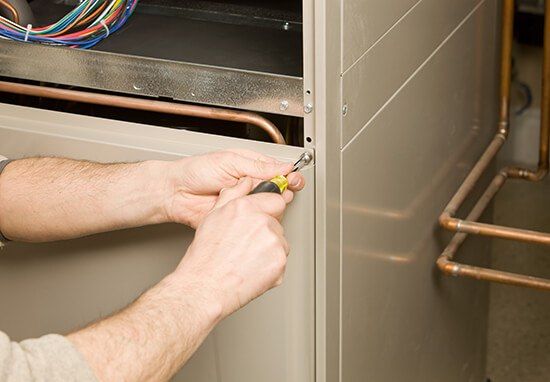
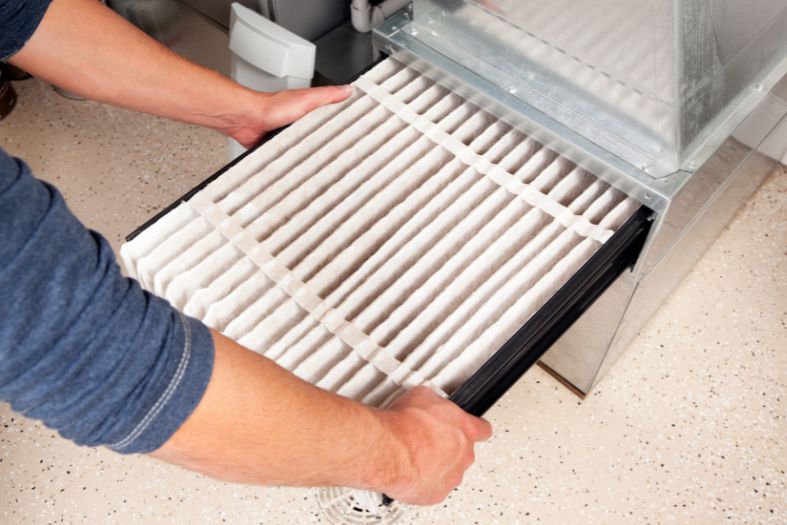
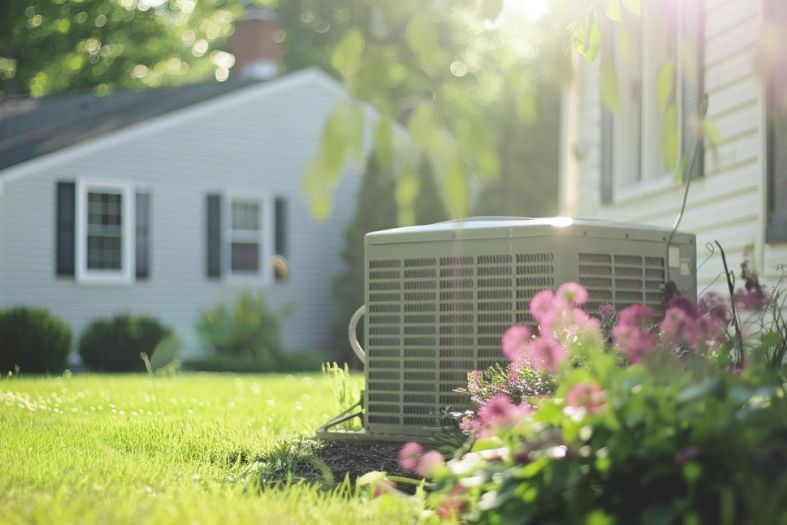
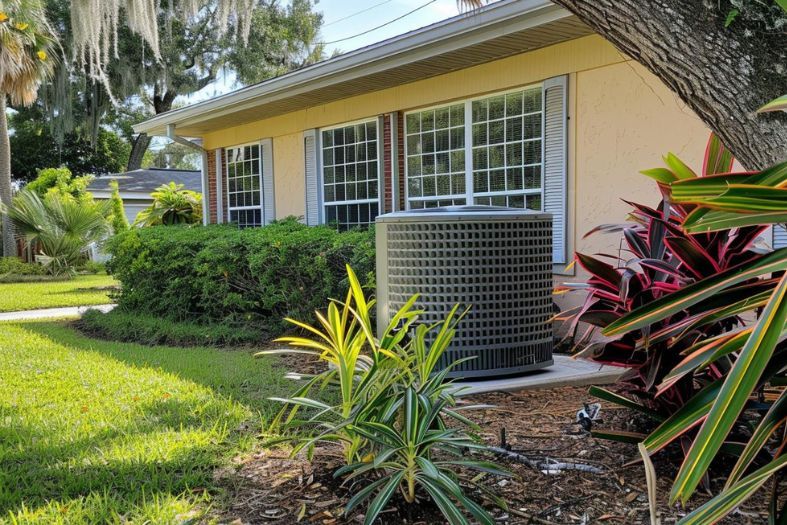
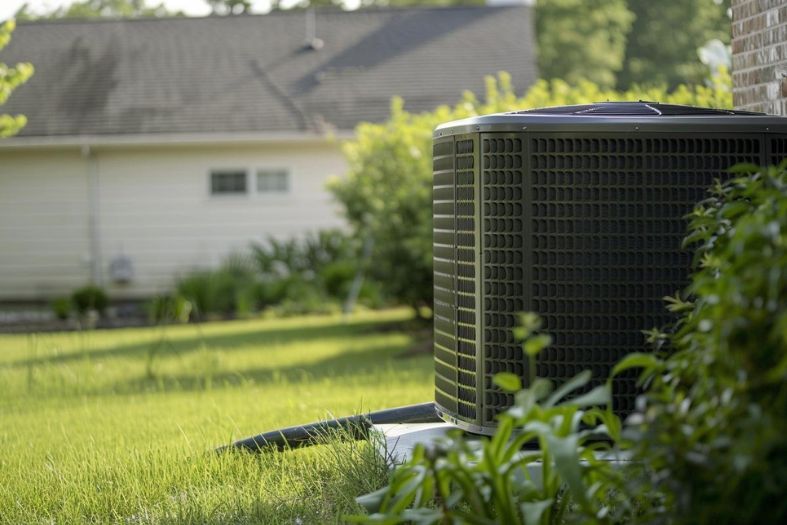
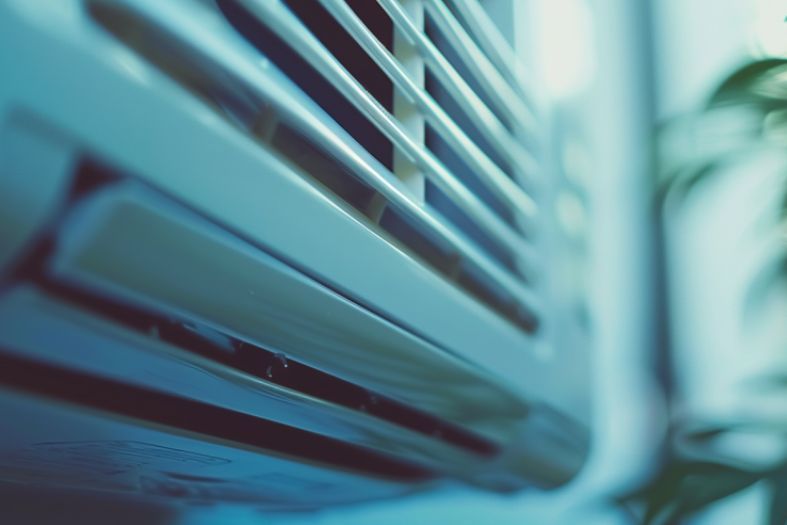

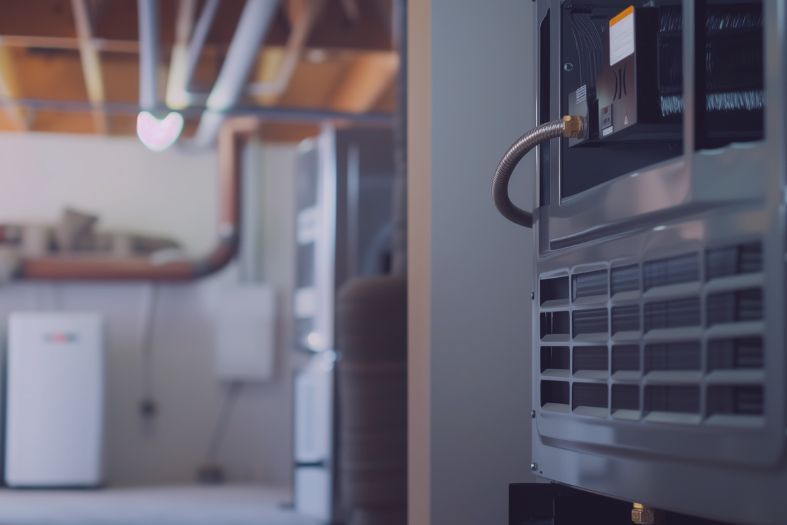
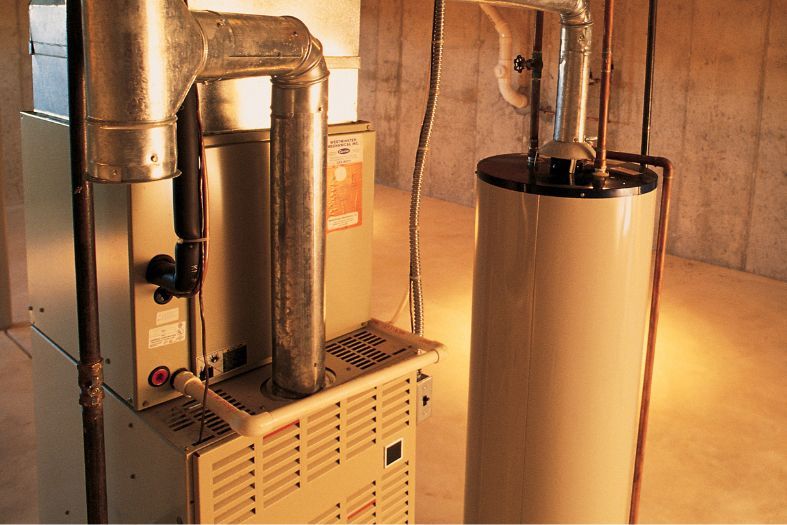
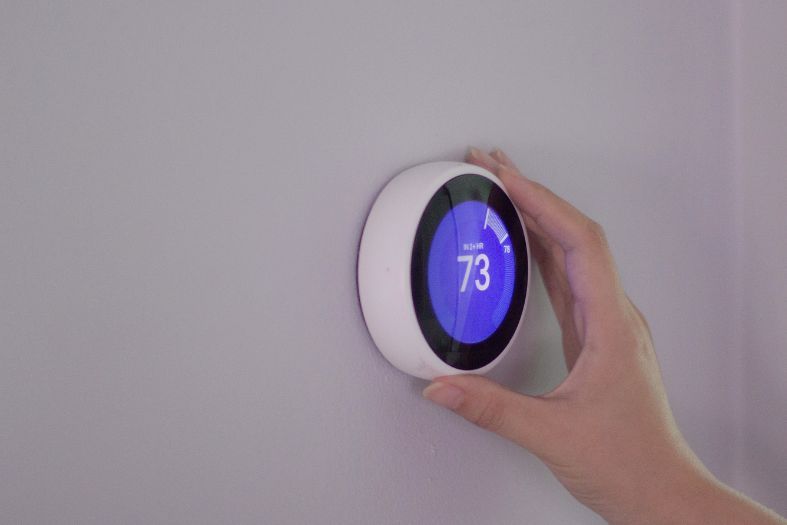
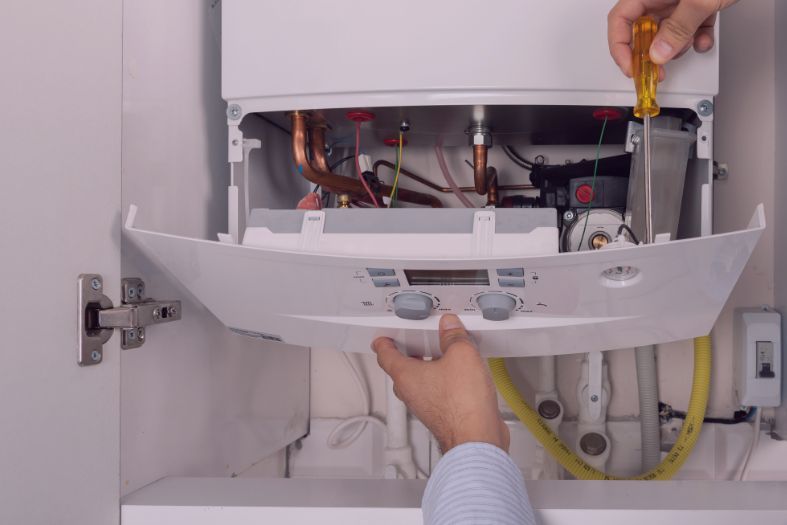
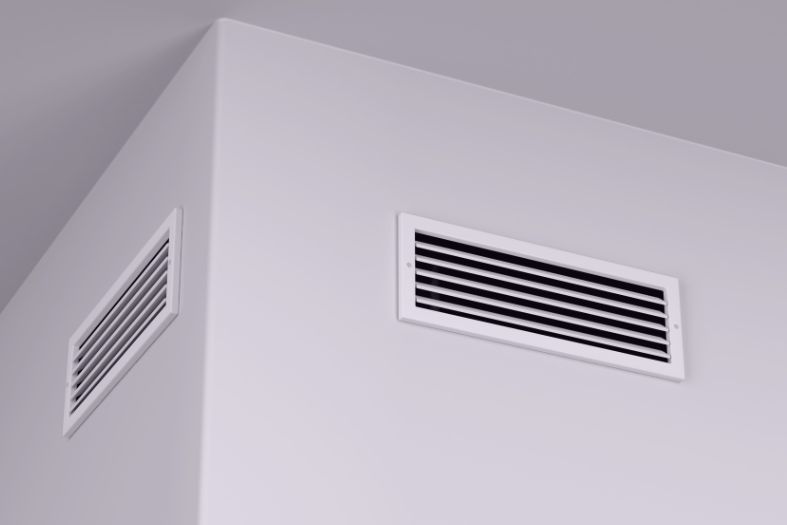
Leave a Reply